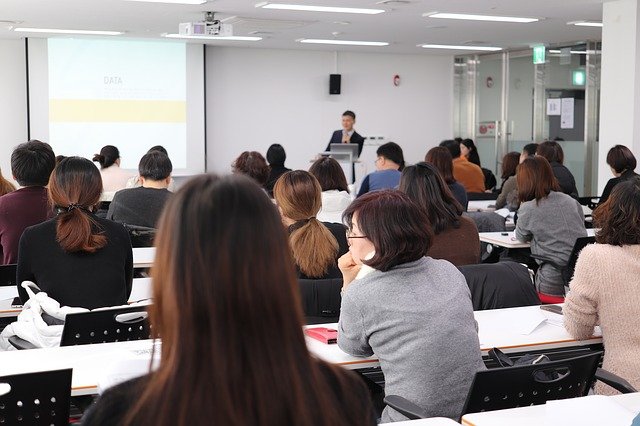English Language
A wide range of resources for English language learners.
A wide range of resources for English language learners include credit-bearing papers (ENSLA), learning software, English skills (grammar, writing, speaking, listening, and pronunciation), English for papers, Conversation Circles and Language buddies.



